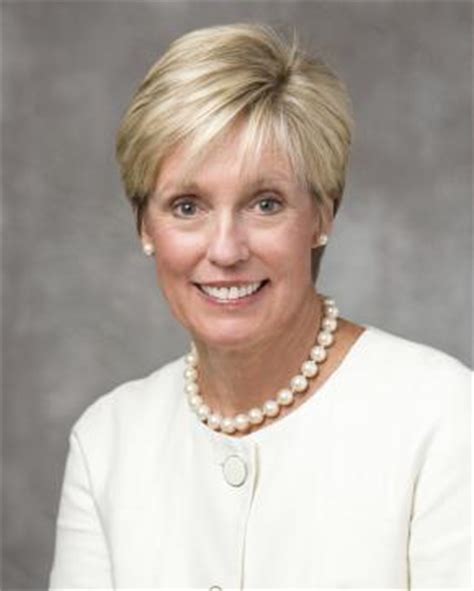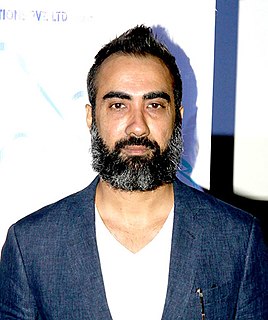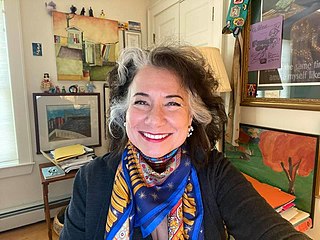A Quote by David Elkind
Infants and young children are not just sitting twiddling their thumbs, waiting for their parents to teach them to read and do math. They are expending a vast amount of time and effort in exploring and understanding their immediate world. Healthy education supports and encourages this spontaneous learning.
Related Quotes
The world will teach our children if we do not, and children are capable of learning all the world will teach them at a very young age. What we want them to know five years from now needs to be part of our conversation with them today. Teach them in every circumstance; let every dilemma, every consequence, every trial that they may face provide an opportunity to teach them how to hold on to gospel truths.
I would argue that education, actual learning - it is hard work. It's very personal. Your parents don't teach you anything. Your teachers don't teach you anything. The government doesn't teach you anything. You read it. You don't understand it; you read it again. You break a pencil and read it again.
By closely supervising our infants, by allowing them to do what they are capable of, by restraining ourselves from rescuing them too often, by waiting and waiting and waiting, by giving minimal help when they really need it, we allow our infants to learn and grow at their own time and in their own way. I believe that, no matter how much and how fast the world changes, a well-grounded, competent, and confident person is best equipped to adapt to it. This is our goal.
If parents want to give their children a gift, the best thing they can do is to teach their children to love challenges, be intrigued by mistakes, enjoy effort, and keep on learning. That way, their children don’t have to be slaves of praise. They will have a lifelong way to build and repair their own confidence.
The best results are achieved by using the right amount of effort in the right place at the right time. And this right amount is usually less than we think we need. In other words, the less unnecessary effort you put into learning, the more successful you'll be... the key to faster learning is to use appropriate effort. Greater effort can exacerbate faulty patterns of action. Doing the wrong thing with more intensity rarely improves the situation. Learning something new often requires us to unlearn something old.
Despite the long-term reduction in familial roles and functions, we believe that parents are still the world's greatest experts about the needs of their own children. Virtually any private or public program that supports parents, effectively supports children. This principle of supporting family vitality seems to us preferable to any policy that would have the state provide children directly with what it thinks they need.


































